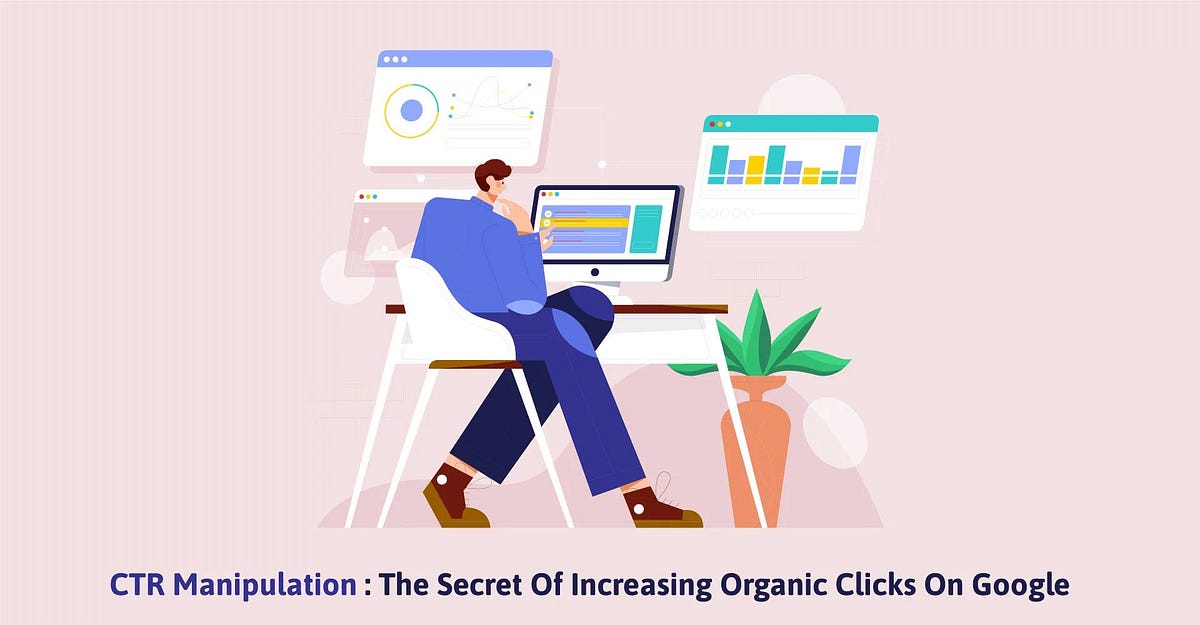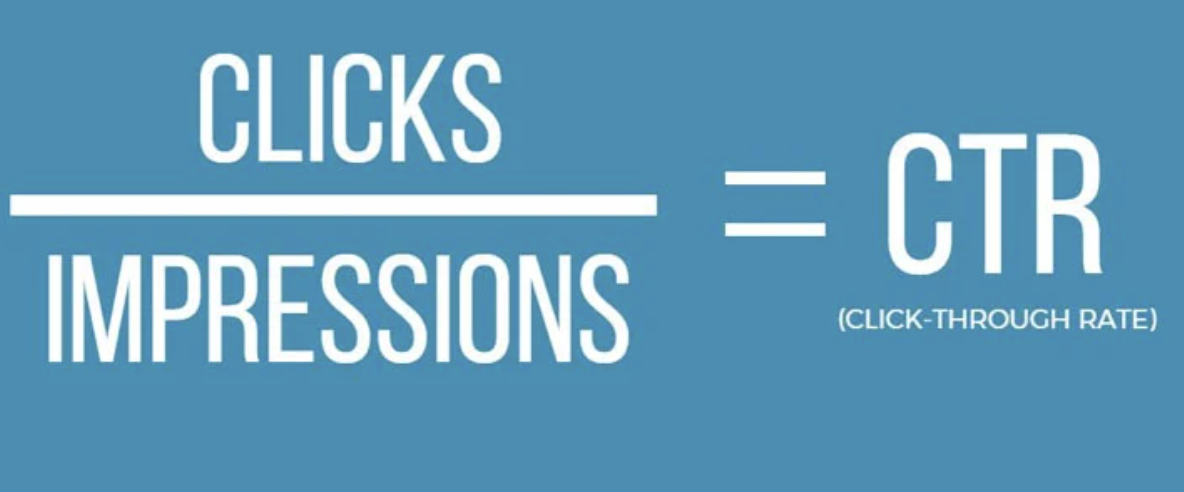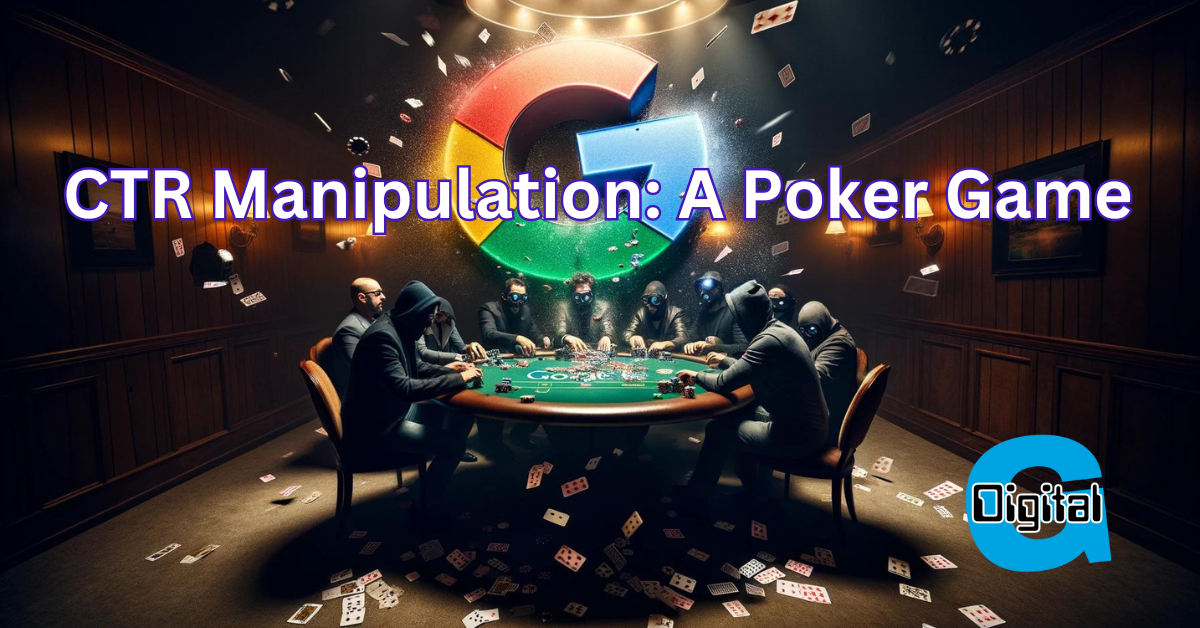Exploring the Connection In Between CTR Manipulation Providers and User Habits
In the realm of electronic advertising and marketing, the impact of click-through price (CTR) manipulation solutions on customer actions remains a complicated and appealing subject. By studying the intricate relationship between CTR adjustment services and customer behavior, appealing insights arise that might reshape our understanding of electronic advertising techniques and their effects on customers.
Effect of CTR Adjustment on Habits
Analyzing the impact of Click-Through Rate (CTR) adjustment on customer behavior exposes essential understandings right into the characteristics of online interaction. CTR manipulation entails artificially inflating the number of clicks on a specific link or ad to trick customers and search engines. This technique can cause a distorted assumption of a web page's popularity or importance, eventually influencing user habits.

Furthermore, CTR manipulation can skew the data used by formulas to individualize user experiences. This can result in individuals being served material that does not straighten with their choices or passions, eventually leading to a decrease in user contentment and engagement. Comprehending the impact of CTR adjustment on customer habits is vital for maintaining openness and rely on on the internet communications.
User Interaction With Adjusted CTR
Individual interaction with adjusted CTR data commonly brings about manipulated understandings of online material appeal and importance. When customers communicate with material based on unnaturally inflated Click-Through Fees (CTR), they might believe that certain info, products, or services are much more popular or reliable than they in fact are. This can cause customers choosing based on deceptive data, leading to possibly negative end results.
Involvement metrics like likes, shares, remarks, and time invested in a page are usually influenced by CTR control. Customers might be a lot more inclined to involve with material that shows up to have higher involvement prices, further continuing the cycle of manipulated understandings. Because of this, material makers and advertisers may focus on creating material that generates high CTR instead than focusing on producing genuinely important and relevant product.

Emotional Results of CTR Adjustment

Moreover, the emotional impacts of CTR adjustment can also manifest in transformed decision-making processes. Users might be much more likely to click on web content solely based on its perceived appeal, instead of its real value or relevance to their demands. This behavioral change can cause a shallow involvement with on-line web content, where users may forget premium however less popular offerings in support of those with unnaturally increased CTRs.
Basically, the mental implications of CTR adjustment highlight the value of preserving openness and credibility in online communications to promote authentic individual engagement and trust fund.
Moral Considerations in CTR Manipulation
Thinking about the honest effects of controling click-through prices (CTR) in online systems is critical for maintaining stability and depend on within the digital ecological community. CTR manipulation raises problems concerning deceiving customers, distorting data analytics, and endangering the trustworthiness of on-line web content. One significant honest factor to consider is the possible effect on user autonomy and decision-making. By artificially inflating CTR, individuals might be misdirected right into clicking on links or ads they would not have actually chosen or else, leading to an insincere online experience. Additionally, CTR adjustment can skew the performance metrics that businesses rely upon find out this here to make tactical decisions, ultimately influencing market competitors and consumer trust.
Another ethical aspect to ponder is the justness of controling CTR to get an unreasonable advantage over competitors. Participating in such techniques not only breaks concepts of justice yet also threatens the depend on that individuals put in online systems. It is vital for services and digital marketing professionals to support ethical criteria in their practices to guarantee openness, reliability, and long-lasting sustainability in the on the internet setting.
Ramifications for Digital Advertising
CTR control can lead to skewed information analytics, misinforming online marketers into thinking that their projects are doing much better than they really are. When users understand that CTRs have been controlled, it can erode trust fund in the brand name, leading to lasting unfavorable effects for consumer commitment and brand name credibility.
Additionally, using CTR manipulation services can produce an unfair affordable landscape, where firms that participate in such practices obtain a synthetic advantage over those that stick to ethical marketing criteria. This can stifle innovation and imagination in electronic marketing, as success comes to be more regarding manipulation tactics than providing genuine worth to consumers. Eventually, the effects of CTR you can find out more adjustment for electronic advertising and marketing extend past temporary gains, affecting the total sustainability and trustworthiness of advertising initiatives in the electronic world.
Verdict
Finally, the partnership in between CTR adjustment solutions and user habits is intricate and complex. The impact of CTR control on actions, customer involvement with controlled CTR, psychological effects, moral factors to consider, and effects for digital advertising and marketing all play a function in shaping this partnership. Understanding these characteristics is important for marketing professionals and scientists alike in order to browse the moral implications and maximize the effectiveness of their digital advertising strategies.